Army chief General Bipin Rawat has promised to equip troops with worldclass gear by partnering with industry, academia
NEWDELHI::
 NITIN KANNOTRA /HT FILEThe army has stepped up efforts to buy new bulletproof vests and ballistic helmets for soldiers.
NITIN KANNOTRA /HT FILEThe army has stepped up efforts to buy new bulletproof vests and ballistic helmets for soldiers.
Food served to soldiers at high altitudes doesn’t suit their palate, reveals a new army report, calling for replacing it with something that tastes better. The report predates a viral video clip in which a BSF jawan raised questions about poor meals, but it does link troop motivation to food quality.
The 119-page report, compiled by the Army Design Bureau (ADB), lists 50 problems that need to be quickly addressed to provide the best protection to frontline soldiers and develop cuttingedge weaponry for battlefield triumphs.
The report on Future Core Technologies and Problem Statements acknowledges the challenges that soldiers face, ranging from vulnerability of their body armour, outdated night fighting gear, problems with winter clothing to lack of situational awareness systems to keep them updated during operations.
In his maiden press conference as army chief, General Bipin Rawat on Friday touched on the report promising that frontline soldiers would be equipped with world-class gear and the force was collaborating with the country’s top academia and industry to fix the problems.
The army says high-calorie food, improvised for Indian tastes, is required to improve the operational efficiency of soldiers at high altitudes.
“Presently, troops deployed in high altitude areas are being issued tinned food and some ‘meals ready to eat (MRE)’ but these are not adhering to Indian tastes and have issues related to shelf life,” the report says.
It goes on to add that supply of food that suits their palate will “tremendously enhance the motivation levels” of soldiers. The report cites the examples of other countries that provide soldiers food conforming to their tastes. It also suggests the possibility of using edible packing material to get rid of disposal problems. The army hopes to come up with a solution within a year.
SAFETY FIRST
The body armour used by soldiers offers them limited protection, a concern flagged by General Rawat. The army chief said the bullet-proof jackets worn by soldiers provide protection in the front and back but leave them vulnerable on the sides and neck.Fewer soldiers would have been killed in operations if they were equipped with superior body armour. The ADB says the bullet-proof jackets are heavy, uncomfortable and fall short of international standards.
The bullet-proof headgear or ‘patka’ is not only heavy at 1.7 kg but also exposes soldiers to risks as it covers only the sides and leaves the top exposed. The report states the forehead plate caters for ballistic protection from 7.62 mm ammunition, but the side plates provide protection “only from 9 mm” fire. It lays down a timeframe of two to three years to fix the problem.
The army has stepped up efforts to buy new bullet-proof vests and ballistic helmets for soldiers who carry out more than a hundred operations daily in Jammu and Kashmir.
General Rawat said an army team, headed by deputy chief Lieutenant General Subrata Saha, has held 25 rounds of interactions with the industry and academia from Indian Institutes of Technology and other centres of excellence to involve them in finding solutions for the force’s needs.
KITTING THEM OUT
Indian soldiers may be deployed on the Siachen glacier, the world’s coldest and highest battlefield, but the army is still struggling to provide them quality winter clothing
The report says the winter clothing used by the army is cumbersome, restricts freedom of movement and makes it difficult for soldiers to carry loads or use equipment such as radio sets. Soldiers have been forced to buy light-weight clothing from the market for their survival, the report highlights.
Inaccurate sniping is another typical problem at high altitudes. Soldiers can’t engage targets with precision in the absence of world-class sniper scopes. The report says sniper fire has been found to be inaccurate due to terrain and weather conditions and new scopes with inbuilt distance and crosswind correction need to be bought within four years.
Such scopes are required for sniper teams deployed in counter-terrorism operations, plains and high altitude areas of up to 20,000 feet.
“To achieve effective results out of the precision fire of a sniper rifle, it is important that forced incidental errors due to environmental factors be reduced to the minimum,” the ADB has pointed out.
The army has flagged concerns about lack of awareness of the location of soldiers during operations

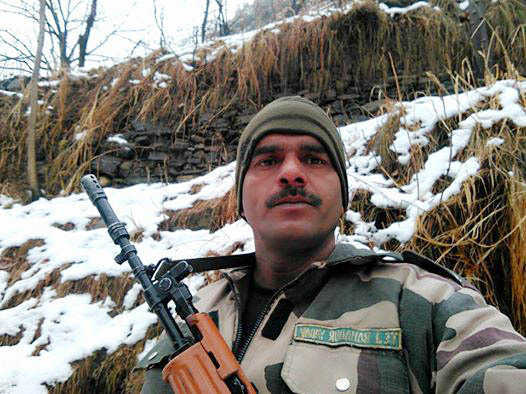








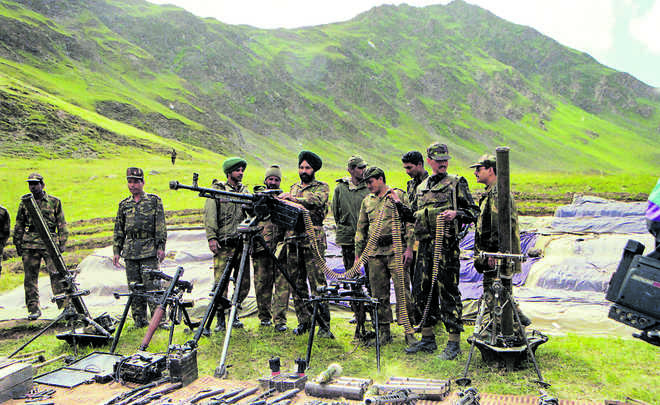
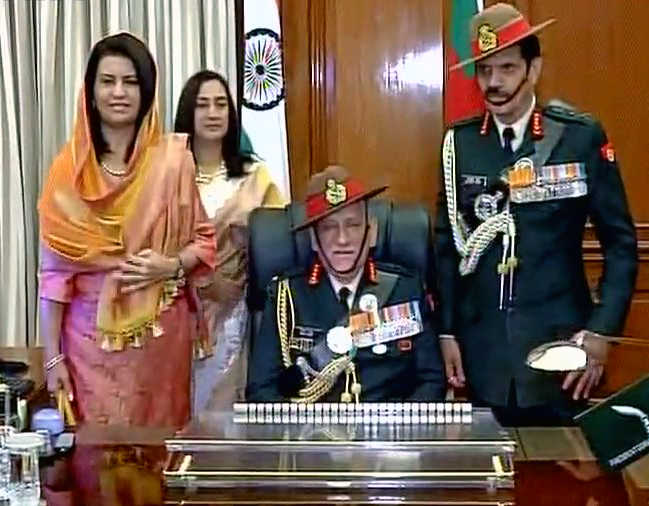
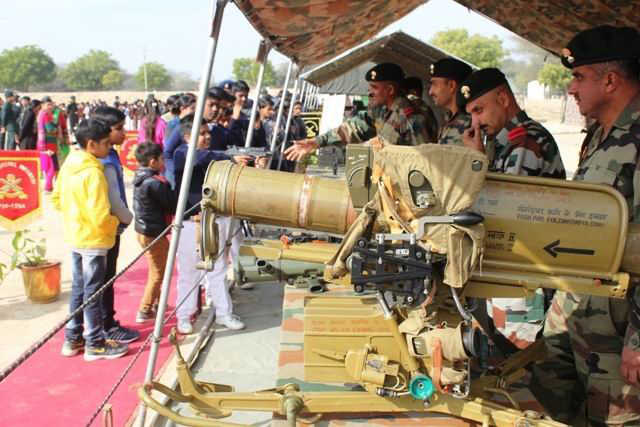
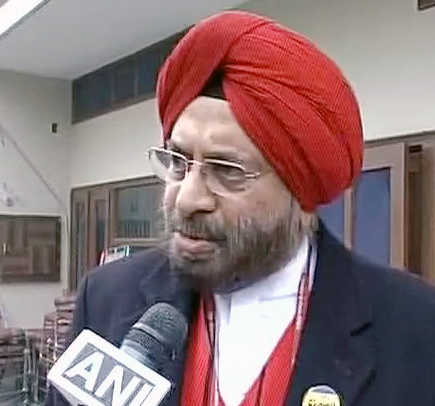
 NITIN KANNOTRA /HT FILE
NITIN KANNOTRA /HT FILE



























































